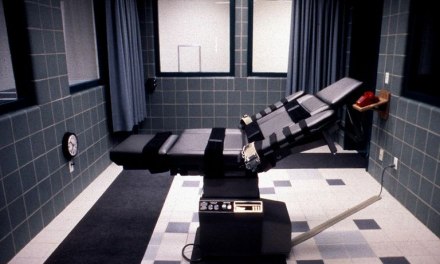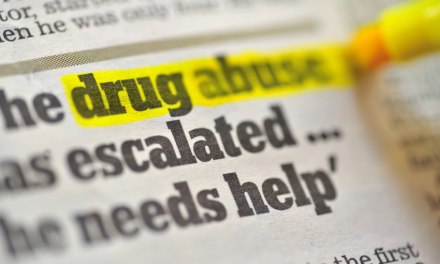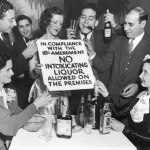I usually avoid linking to articles in sites that use paywalls, but I’ll make an exception for not one but two Washington Post pieces by physicians who work on the front lines of addiction. Their viewpoints reflect very different experiences of the opioid epidemic.
The first is from the medical director of a chronic pain treatment center. His thesis is that as a result of our wrong-headed desire to eliminate pain as a factor in treatment, we laid the groundwork for our country’s worst ever drug epidemic. As if that isn’t bad enough, we’ve done it without any real progress in terms of managing pain:
I have to agree with him. I’ve often wished for convenient, affordable, well-researched alternatives to our historic dependence on opiates, but giving out pills is just so darn easy and cheap that it’ll be struggle to replace. We tried simply restricting access, but that sends the addicted into the streets, vulnerable not only to crime and IV drug use but to a host of diseases, including AIDS.
The author’s clinic teaches self-management for chronic pain, but that takes time and effort, something modern practitioners are often short on. So even when more behavioral approaches have been refined, we’ll still face the usual barriers to getting them into practice. I’m afraid our poor tired American healthcare system is better at excluding consumers than recruiting them.
The second article looks at the problem from the opposite direction: the potential to exploit chronic pain for profit. Its author is a former sales rep who did very well at peddling painkillers to physicians before going into medicine and encountering opioid addicts in the Emergency Rooms where he worked:
I was a drug rep. I know how pharma companies pushed opioids.
The author examines the ways that opioid salespersons can rationalize their activities even as they work hard to persuade physicians that what their patients need is more opioids to treat more and different problems. The focus isn’t on patient care. It’s on pushing product, boosting profits, and collecting bonuses. In that respect it’s akin to the bank employees who opened new accounts in the names of unsuspecting customers, just to qualify for extra rewards from the employer. It’s unethical, sure, but as one former drug rep explained to me, it’s all about the cash. Ethics never comes up. The job is to push product, and once sold, “we wash our hands of the whole thing.”
Ironically, this sales rep was himself in rehab, desperately trying to hang onto his job after getting busted for using those same products he so diligently foisted onto other people.
I guess you could call that karma.













